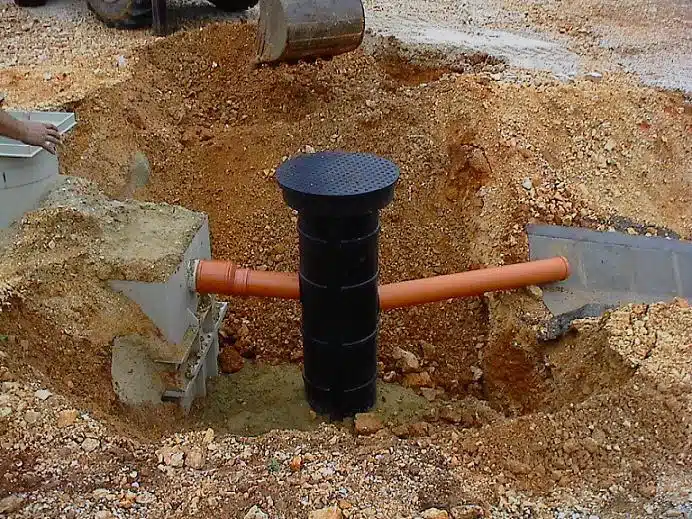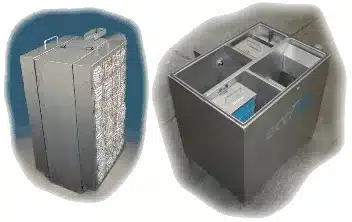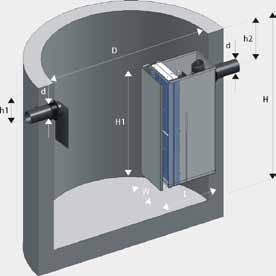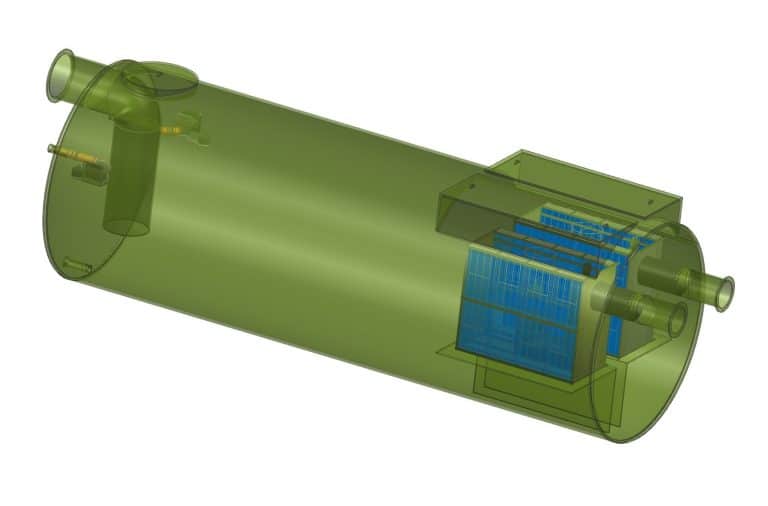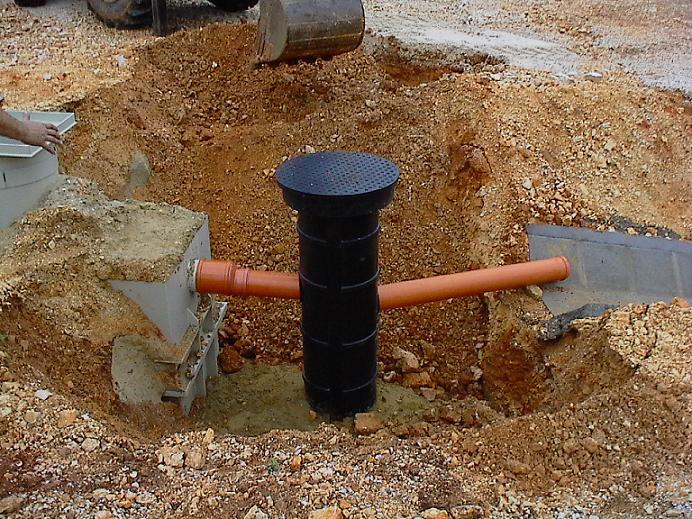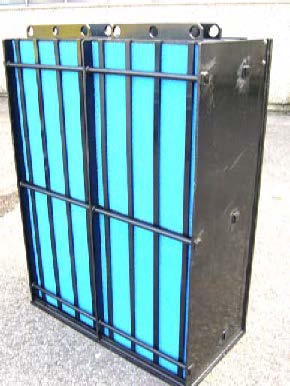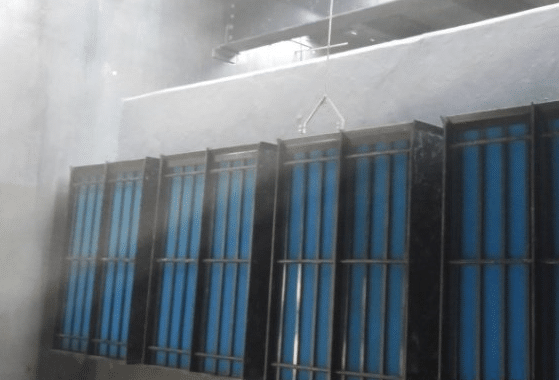Do you know about the hidden heroes protecting Rhode Island’s water? Rhode Island Below Ground Oil Water Separators are key to keeping our environment safe. They are part of stormwater management systems, making sure pollutants don’t get into our water.
Rhode Island’s Department of Environmental Management (DEM) has strict rules for handling petroleum and hazardous materials underground. These rules protect our water by setting standards for site checks, cleaning up, and registering facilities. They cover how to place and run underground tanks, including how to spot and track leaks.
Key Takeaways
- Freytech Inc. Below ground oil water separators are essential for Rhode Island’s environmental protection
- DEM regulates underground storage facilities to prevent water pollution
- Regulations cover siting, design, installation, and operation of UST systems
- Environmental compliance equipment is crucial for stormwater management
- Proper maintenance of underground oil interceptors is vital for long-term effectiveness
Understanding Below Ground Oil Water Separators in Rhode Island
Rhode Island has a big challenge in keeping its water safe. Below Ground Oil Water Separators are key in this fight. They are important tools that help protect the state’s groundwater.
Definition and Purpose
These devices are made to take oil and other petroleum products out of water. They let oil rise to the top while clean water goes out. This is key to keeping Rhode Island’s water clean.
Regulatory Framework
The Rhode Island Department of Environmental Management (DEM) watches over these separators. They have set rules for how they should be put in and kept up. These rules help keep the state’s delicate underground water safe from pollution.
Environmental Impact
Below Ground Oil Water Separators are vital for managing stormwater and following environmental laws. They keep oil and other harmful stuff out of the water. This is very important in Rhode Island because its groundwater is easily polluted due to its unique geology.
Key Components of Below Ground Oil Water Separators
Below ground oil water separators are key in managing industrial spills and drainage. They have several important parts that work together to separate oil from water.
The inlet chamber is where contaminated water goes in. It slows down the water, letting heavy particles settle. Then, the separation chamber uses gravity to split oil and water. Oil floats up while water goes down.
Coalescing media boosts separation efficiency in advanced systems. These materials pull oil droplets together, making them easier to float. The outlet structure makes sure clean water leaves the system, keeping oil inside.
Baffles and weirs are crucial for controlling water flow and keeping oil in. Some separators have oil storage areas to hold the collected oil until it’s removed. Keeping these parts in good shape is key for the tanks to work well in industrial settings.
Rhode Island Below Ground Oil Water Separators: Installation and Maintenance
Installing and maintaining below ground oil water separators is key to preventing stormwater pollution. These systems need careful planning and regular upkeep to work well.
Site Assessment and Planning
First, a detailed site assessment is needed before installation. This ensures the location follows Rhode Island’s environmental rules. Factors like soil type, groundwater levels, and distance from sensitive areas are important.
Installation Process
The installation of these separators must follow strict rules. It involves excavation, sizing, and placing the separator correctly. Experts use special tools to make sure it’s level and connected right to the drainage system.
Routine Maintenance and Inspections
Keeping these separators maintained is crucial for their long life and effectiveness. This means removing oil, sediment, and debris. Regular checks can spot problems early, avoiding big repairs and keeping up with state laws.
Owners must keep records of all maintenance and inspections. These records prove compliance during audits and track the separator’s performance over time.
Compliance with Rhode Island Regulations
Rhode Island Below Ground Oil Water Separators must follow strict rules from the Department of Environmental Management (DEM). These rules help ensure they work right and protect the environment.
DEM Regulations for Underground Storage Facilities
Facilities with oil water separators must sign up with the DEM. They need to show they can handle financial responsibilities and follow certain rules. Keeping up with maintenance and finding leaks quickly is key.
Reporting Requirements
Owners of facilities must tell the DEM about any leaks they find or suspect. This includes spills or releases from the separators. Keeping detailed records of checks and upkeep is important for following the rules.
Penalties for Non-Compliance
If you don’t follow DEM rules, you could face big penalties. These might be fines, needing to upgrade your facility, or even closing it down. Using the right environmental equipment helps avoid these issues. When closing down separators, you must follow certain steps to protect the environment.
Benefits of Freytech Inc. Oil Water Separators
Freytech Inc. is a leader in stormwater management and wastewater treatment. Their oil water separators meet Rhode Island’s high environmental standards. They clean discharge to 5 PPM, which is better than the North American limit of 10 PPM.
Their advanced technology can remove tiny amounts of mixed-in oil. It achieves an impressive 0.1 PPM separation level. This results in cleaner water and better environmental care. Freytech’s separators work well with many types of oil, including motor oil and jet fuel.
Choosing Freytech Inc. means picking quality and caring for the environment. Their systems help businesses follow the law and protect Rhode Island’s waters. For those looking to improve their wastewater treatment, Freytech offers reliable and effective solutions.
These separators are crucial in storm water systems. They process runoff to meet the US EPA’s Clean Water Act standards. With effective oily water treatment, facilities protect the environment and dodge big fines.


